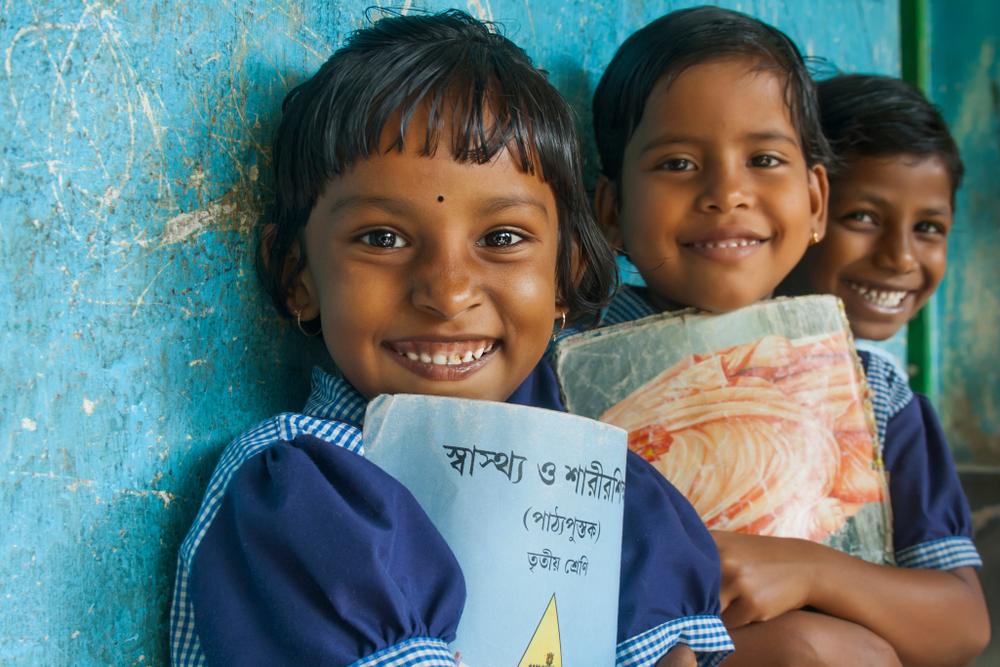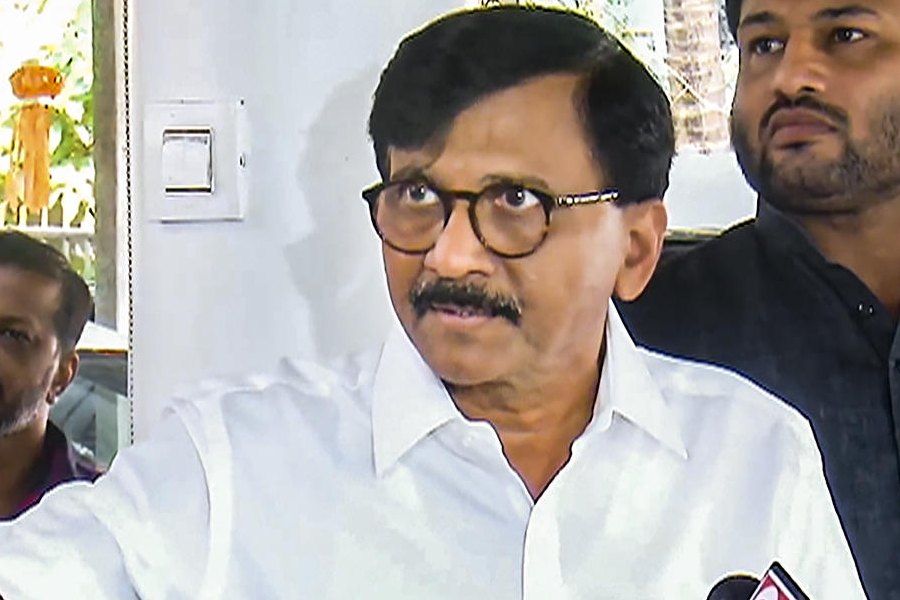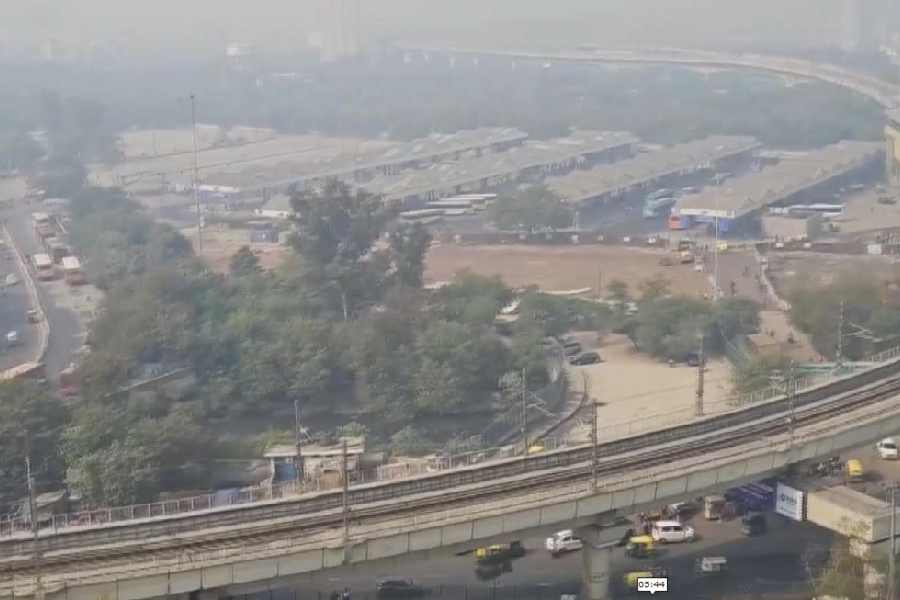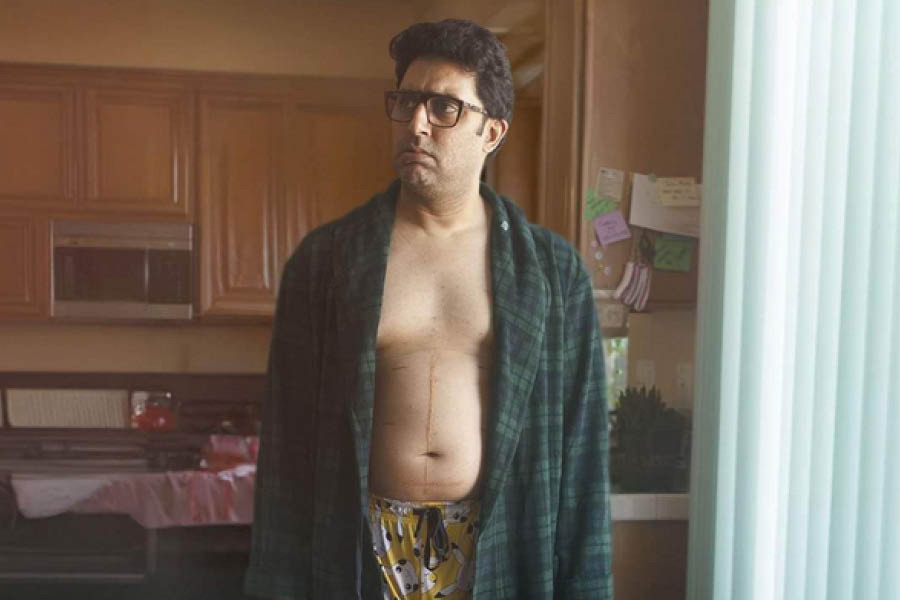Chutku, 10, had thought it would be a long holiday from studies when her Town School in Shyambazar shut indefinitely on March 16.
Her mother is a part-time domestic help in a flat in a multi-storey complex. Chutku has no access to online classes like the daughter of her mother’s employer. But she has to write down five pages of a passage that her class teacher WhatsApped her on her private tutor’s phone. And she will be quizzed on the passage.
Chutku’s tutor has a smartphone. “Her schoolteacher sends the work that needs to be done to her private tutor who helps Chutku do it,” her mother Mamuni said.
Smartphones with Net connectivity is a luxury for urban slum dwellers who have been hit by the lockdown and find it hard to even recharge their prepaid SIMs now.
A family of five or six are cooped up in a 10x10ft hovel 24x7. “When the school was running, I did not have to worry about my daughter. But now she is at home. And she does what her teacher tells her to do,” Mamuni said. “I don’t know how she will catch up with all her studies when the school is shut for so many days. I pay for her private tutor and I hope she will help her out.”
Most urban poor do whatever it takes to ensure their children get to study. Not just that they also manage coaching outside school. “The lockdown is going to be tough for children. It’s a disruption in their academic routine and many will lag behind once school resumes. It’s only when they cannot follow what is going on in class they lose interest and this leads to dropouts,” A teacher of a coaching centre for underprivileged children in Jadavpur said. “So it’s very important that these children are coached and taught during this period of forced isolation.”
The teacher said she was tutoring a student over phone for her board exams due in June. “I am helping her with her English lessons,” the teacher said.
Chutku, though, can watch tutorials on TV meant for students of Classes I to VIII. But Paresh Kumar Manna, the former principal of Taki House, a government-sponsored school, said children were no longer serious about studies after learning they would be promoted to the next class this year.
“In rural areas most students are first-generation learners. Their parents have discontinued private tuitions on learning they will get automatically promoted,” Manna said. “Students in remote areas will be hit hard by the lockdown… many of the teachers in schools in remote areas don’t know how to teach online or prepare worksheets, which can be sent to students over phone. The pandemic will be over in some months but the loss in terms of education for these children will be huge.”
Mamoon Akhtar of Samaritan Help Mission, an NGO in Tikiapara, said it was not possible to teach the children of his school over phone. “Most are children of daily labourers and rickshaw-pullers and they don’t have smartphones. It’s only when schools reopen in June that we will be able to teach them.”
Akhtar’s schools Samaritan Mission and Rebecca Belilious English Institution have close to 6,500 children from Tikiapara, Bankra and Pilkhana.
Speaking about the tutorials on TV, he said: “What will they study cooped up in impossibly small places… can they really concentrate on studies? They are all psychologically depressed on not being able to go to school. We will have to make up for all the lost time when schools reopen. And we will waive school fees for three months.”











